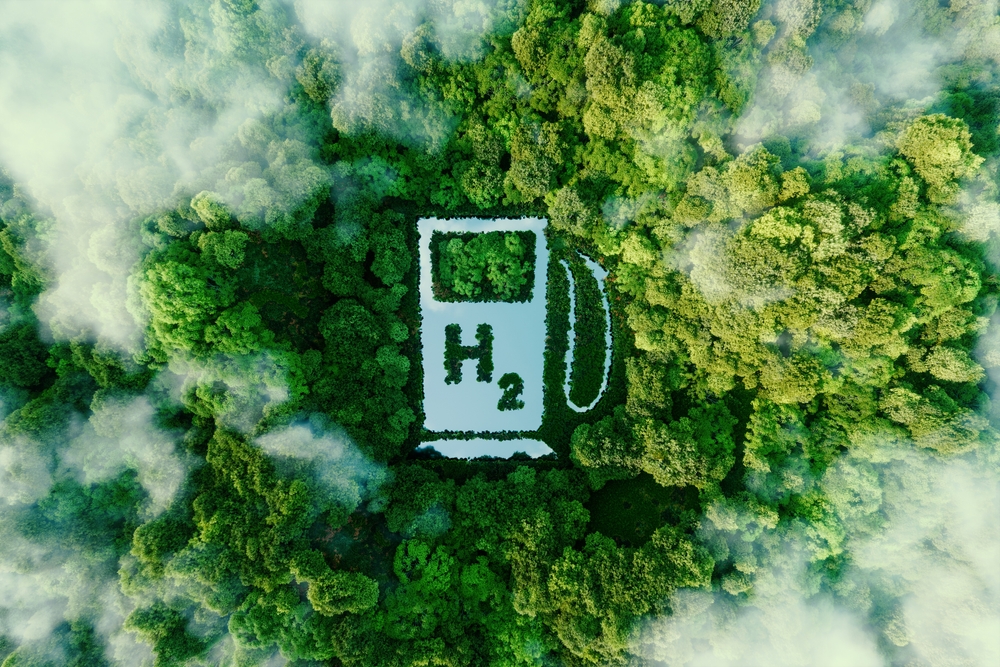Peering into the Future: The Advent of Hydrogen Fuel Cell Vehicles
The dawn of hydrogen fuel cell vehicles (HFCVs) is on the horizon, promising a greener and sustainable future for the automotive industry. This technology is not only expected to significantly decrease our dependence on fossil fuels but also has the potential to redefine the driving experience entirely.

A Historical Perspective of Hydrogen Fuel Cell Vehicles
HFCVs are not a new concept. The idea of using hydrogen as a fuel source dates back to the 19th century. Sir William Grove, a Welsh scientist, invented the first fuel cell in 1839. However, it took more than a century for the first hydrogen fuel cell vehicle to come into existence. The “Electrovan,” developed by General Motors in 1966, was the first vehicle of its kind. Despite its groundbreaking technology, the Electrovan was never commercialized due to the high costs associated with hydrogen storage and the lack of an established hydrogen fueling infrastructure.
The Technology Behind Hydrogen Fuel Cell Vehicles
The heart of an HFCV is the fuel cell stack. This stack comprises numerous individual cells layered together, each producing a small amount of electricity. When hydrogen from the vehicle’s tank is fed into the fuel cell stack, it combines with oxygen from the air to produce electricity, with water being the only by-product. This electricity powers the electric motor, which in turn propels the vehicle.
Current Trends and Developments in the HFCV Industry
Today, there is renewed interest in HFCVs. Several automakers, including Toyota, Honda, and Hyundai, have launched their own HFCV models. The focus now is on improving the efficiency and durability of fuel cells, reducing manufacturing costs, and developing a robust hydrogen fueling infrastructure.
The Impact and Potential of Hydrogen Fuel Cell Vehicles
HFCVs hold the potential to revolutionize the auto industry. They offer a clean, efficient, and sustainable alternative to gasoline and diesel vehicles. Unlike battery electric vehicles that require hours to recharge, HFCVs can be refueled in minutes, similar to conventional cars. However, there are challenges to overcome – namely, the high cost of hydrogen production, storage and transportation issues, and the limited number of hydrogen refueling stations.
The Road Ahead for Hydrogen Fuel Cell Vehicles
The journey of hydrogen fuel cell vehicles has just begun. While there are hurdles to overcome, the potential benefits of this technology are too great to ignore. As more advances are made, and as our world continues to seek sustainable and clean energy alternatives, HFCVs may very well become the vehicle of the future.




